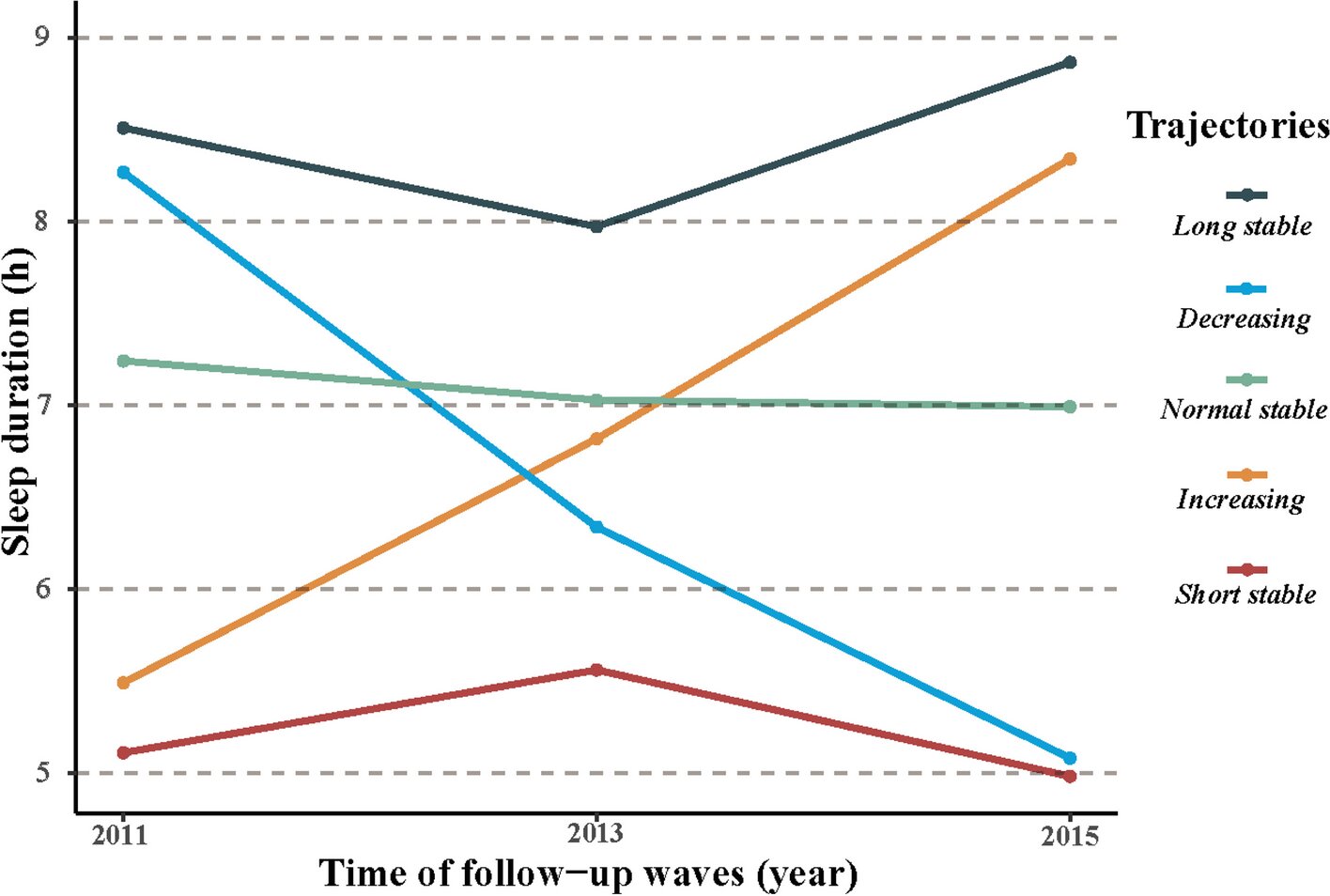
In a study published in the journal Frontiers in Immunology, researchers at the University of Arizona Health Sciences Center for Sleep, Circadian and Neuroscience research have explored the effects of circadian rhythm disruption on the lungs. They have found that nearly every cell in the body is keeping track of time.
“We have a master clock in the middle of the brain, but we also have gene clocks in just about every cell in the body,” said Sairam Parthasarathy, MD, director of the University of Arizona Health Sciences’ Center for Sleep, Circadian and Neuroscience Research. “Each type of cell has its own rhythm. This goes for liver cells, brain cells, white blood cells, and on and on. We are starting to better understand the molecular machinery behind all this, which is exciting.”
The rhythm Parthasarathy is referring to is the circadian rhythm, the physical, mental and behavioral changes that happen on a natural 24-hour cycle. Circadian rhythm coordinates many biological processes including hormone production, digestion and body temperature.
Keeping everything in sync
The circadian rhythm helps synchronize the body’s organ systems and regulate the immune system. It is like a symphony orchestra, where all the musicians’ individual notes work together to create classical music. If one of them goes off beat, the repercussions can affect the whole group.
Several factors influence circadian rhythm, including stress, physical activity and food intake; however, light and dark play the biggest role.
Circadian rhythm disruption occurs when the body’s internal clock is out of sync with the environment. Hospitals, and particularly intensive care units, are a prime source of circadian rhythm disruption due to constant lighting and frequent visits from doctors, nurses and medical assistants. It can be caused by sleep habits, shift work or travel.
“With jet lag, we insult our body’s circadian clock by flying faster than our bodies can adapt,” said Parthasarathy, professor and chief of the Division of Pulmonary, Allergy, Critical Care and Sleep Medicine in the Department of Medicine at the U of A College of Medicine—Tucson. “The body becomes out of sync with the environment and also with itself, because different systems come back to normal at different rates. For a few days, the gastrointestinal system, immune system, liver and other systems are all on different rhythms and aren’t communicating normally.”
Previous research from Northwestern University identified a link between circadian rhythm disruption and gut barrier function. Parthasarathy, a pulmonologist whose research interests include sleep-disordered breathing and noninvasive ventilation, wanted to know if a similar effect could be seen in the lungs.
Falling out of sync
For the study, researchers used lighting schedules to disturb the circadian rhythm of mice, essentially giving them jet lag. They also used lipopolysaccharides, which are part of the outer membrane of certain types of bacteria, to simulate acute lung injury.
When they evoked circadian rhythm disruption, the first thing they observed was an increase in acute lung inflammation due to an exacerbated immune response. Inflammation is an immune response to things such as injury or toxins, and Parthasarathy said the immune-circadian connection is particularly strong.
“There are more immune cells around when we are waking up and we are getting ready to go to sleep,” Parthasarathy said, adding that the circadian rhythm cellular machinery also includes the parts of a cell that regulate inflammation. “This study shows just by having jet lag, your lungs might be more inflamed and more vulnerable to injury.”
In addition to increased inflammation, this study marked the first time researchers were able to show increased lung permeability due to circadian disorganization and identify the gene dysregulation involved in the process.
Cells have a cytoskeleton that gives the cell its shape and structure. In lung epithelial cells, which help create the lung barrier, genes regulate cytoskeletal proteins that are critical players in many cellular functions, including maintaining cell shape and regulating cell motility. Researchers found that certain genes involved in cytoskeleton regulation were significantly modified during circadian rhythm disruption and models of acute lung injury.
“What we found was these actin-cytoskeletal genes were differentially expressed in the presence of lipopolysaccharide, which engenders leakiness of the lung capillaries and acute lung injury, and they are being modified in excess by disrupting circadian rhythm,” Parthasarathy said.
When these genes were modified, the structure and shape of the lung epithelial cells were likely changed, creating gaps in the lung barrier that allowed fluid to flood into the lungs.
“We know acute lung injury causes lung barrier leakiness and inflammation. In the presence of circadian rhythm disruption, it is further aggravated,” Parthasarathy said. “There is more leakiness and more inflammation. What this means is at a given level of lung injury, we are going to drown the lungs more and inflame the lungs more by creating circadian rhythm disruption just by the timing of the lighting.”
The findings could eventually lead to changes in the way patients are cared for in hospitals. In the meantime, this study advances the understanding of cellular consequences resulting from circadian rhythm disruption.
“By exploring molecular mechanisms, we might one day find druggable targets that can protect patients from the effects of circadian rhythm disruption and allow them to heal more effectively,” Parthasarathy said.
Parthasarathy is in the early stages of designing a study during which researchers will replicate the intensive care unit environment at the Center for Sleep, Circadian and Neuroscience Research to determine how much of circadian rhythm disruption is driven by the environment and how much can be attributed to underlying disease.
More information:
Nancy G. Casanova et al, Circadian disruption dysregulates lung gene expression associated with inflammatory lung injury, Frontiers in Immunology (2024). DOI: 10.3389/fimmu.2024.1348181
Citation:
Circadian rhythm disruption linked to lung inflammation (2024, September 27)
retrieved 28 September 2024
from https://medicalxpress.com/news/2024-09-circadian-rhythm-disruption-linked-lung.html
This document is subject to copyright. Apart from any fair dealing for the purpose of private study or research, no
part may be reproduced without the written permission. The content is provided for information purposes only.




